Content Summary
As life expectancy rates continue to climb in the United States and other developed countries, the definition of middle age is undergoing a significant shift. In the past, middle age was considered to be around 65 years old. However, today there are many people who don't feel "middle-aged" until they're well into their 60s or even older. Here's what you should know about middle age and what to expect as you enter this stage of life.
The Physical Changes of Middle Age
One of the most noticeable changes that comes with middle age is a decrease in physical strength and stamina. This is due to a natural decline in muscle mass that begins around the age of 30. For most people, this decline is relatively gradual and doesn't begin to have a significant impact on daily life until middle age. However, there are some things you can do to offset the effects of muscle loss, such as strength training and eating a healthy diet, taking collagen and protein powders.
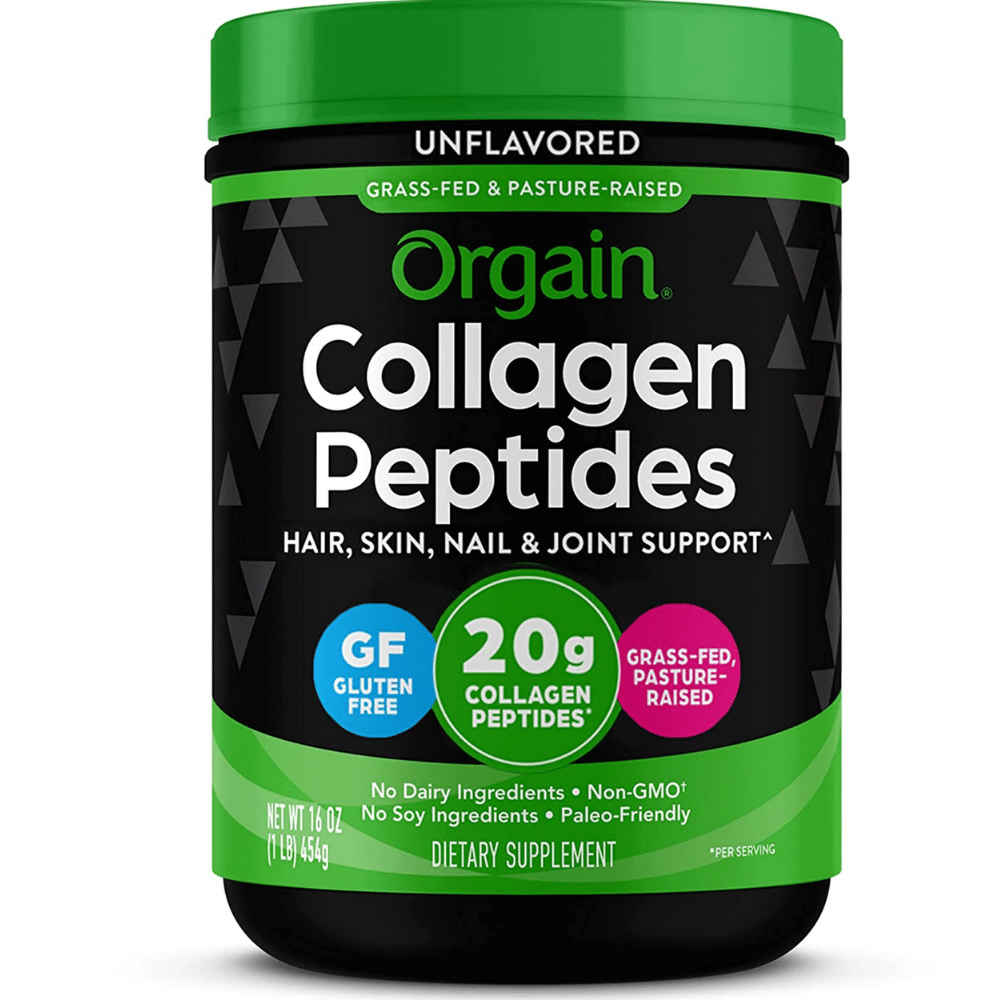
Another common change during middle age is an increase in body fat. This is because your metabolism slows down as you get older, making it easier to gain weight. If you don't make an effort to eat healthy and stay active, you may find yourself carrying around extra weight during middle age. Again, though, this is something that can be offset by making healthy lifestyle choices.
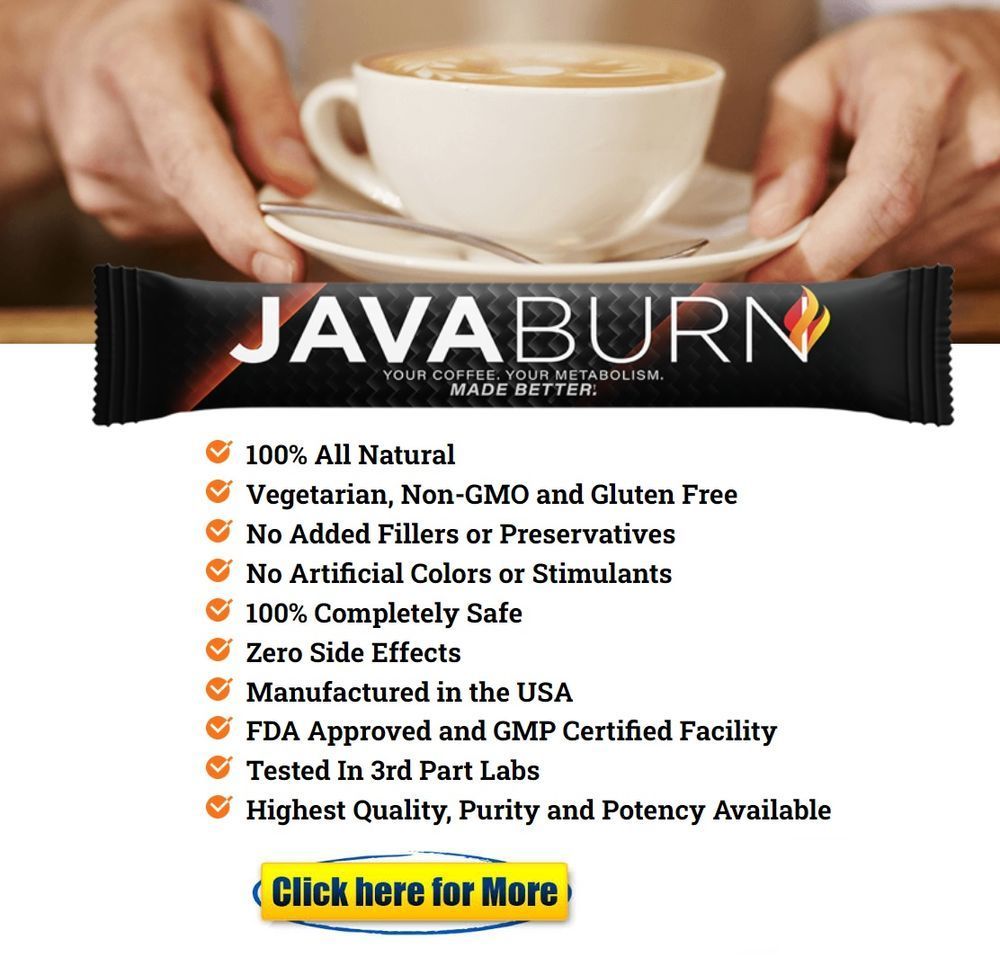
Middle age is also when many people start to experience problems with their vision and hearing. If you haven't had your vision or hearing checked in a while, now is a good time to do so. These senses usually start to decline around the age of 40, so it's important to keep an eye on them as you enter middle age.
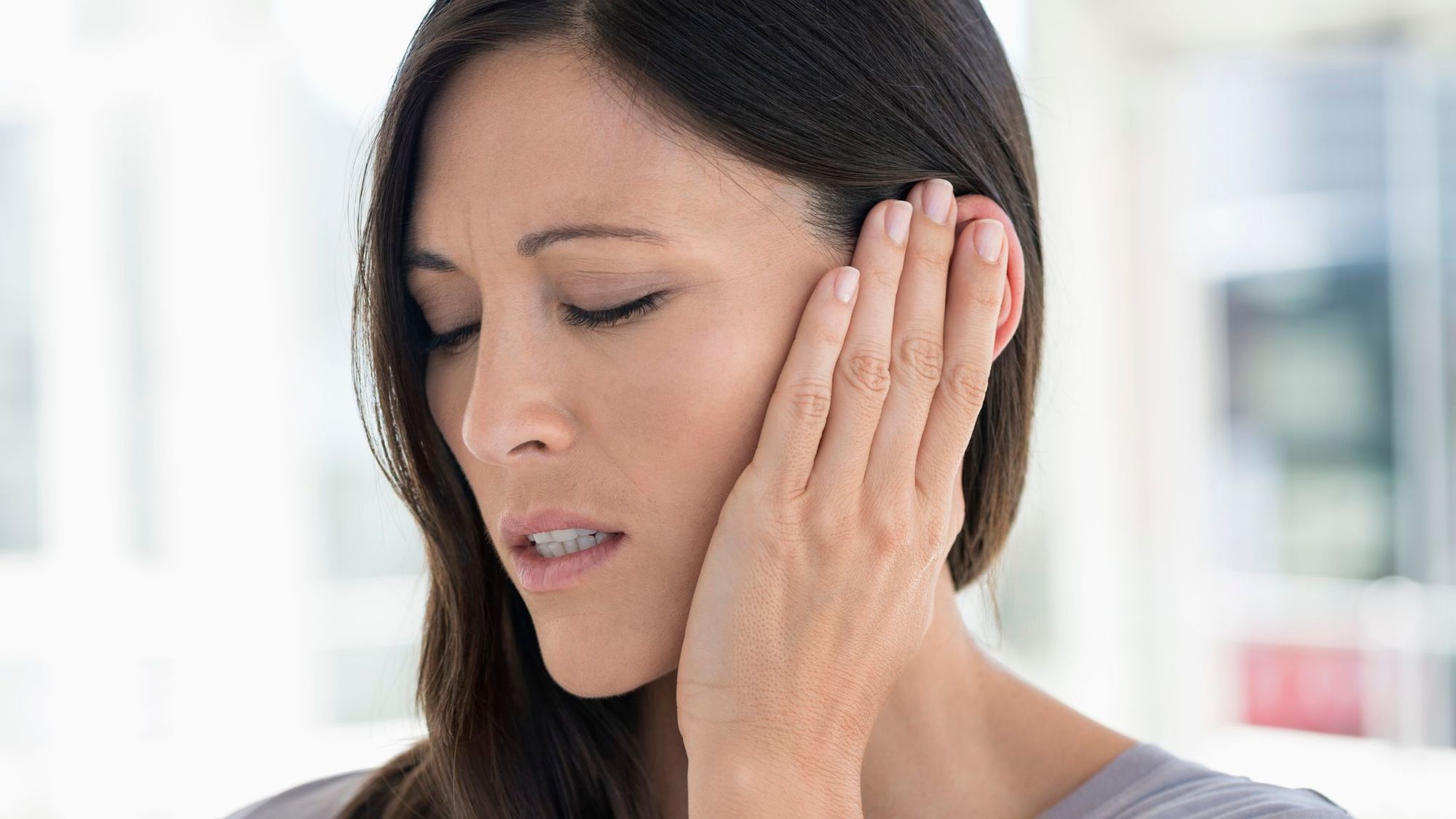

The Emotional Changes of Middle Age
In addition to physical changes, many people also experience emotional changes during middle age. One common change is increased stress levels. This can be due to work obligations, family responsibilities, or simply the added pressure of getting older. If you find yourself feeling stressed more often than not, it's important to find ways to relieve that stress before it takes a toll on your health. Exercise, meditation, and spending time with loved ones are all great ways to combat stress.
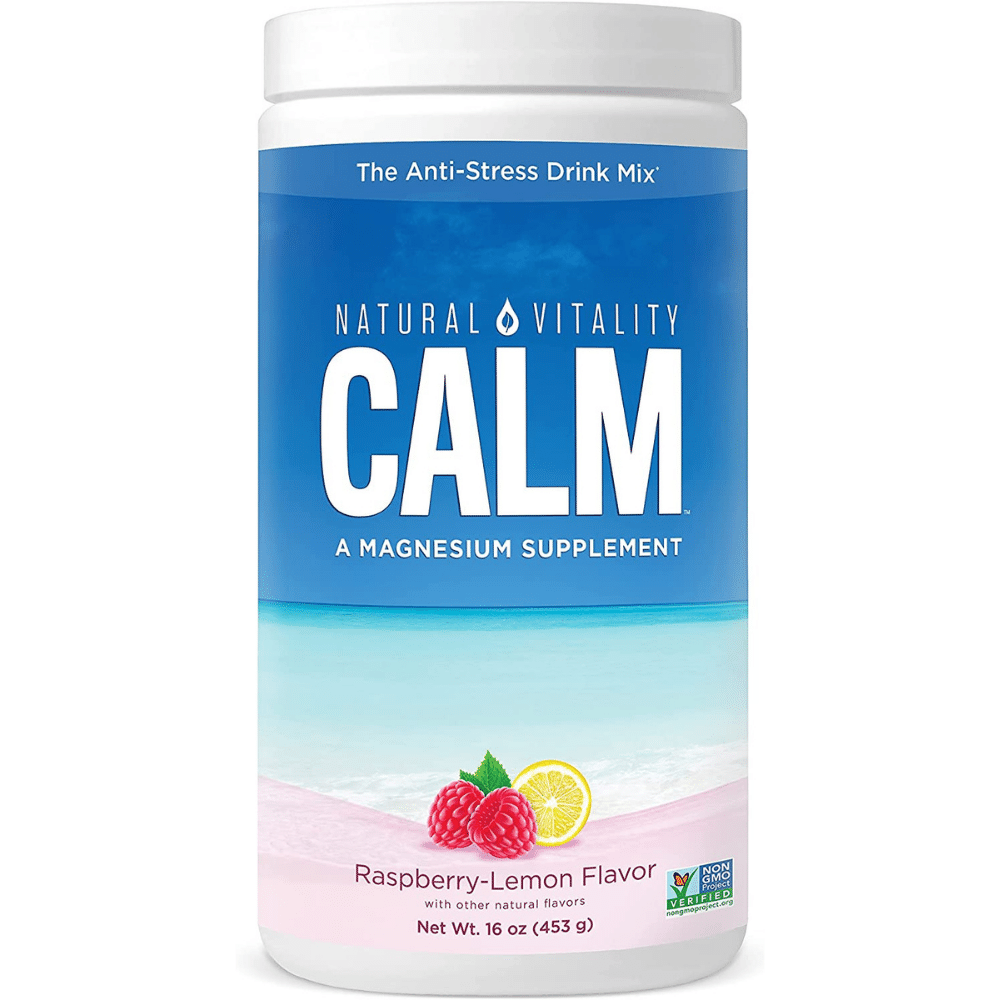
Another emotional change that often comes with middle age is feelings of loneliness or isolation. This is especially true if your children have left home or if you've experienced a major loss such as the death of a spouse or close friend. It's normal to feel lonely from time to time, but if these feelings start to interfere with your everyday life, it's important to reach out for help. There are many support groups available for people who are experiencing loneliness or isolation, so don't hesitate to seek out one that feels right for you.
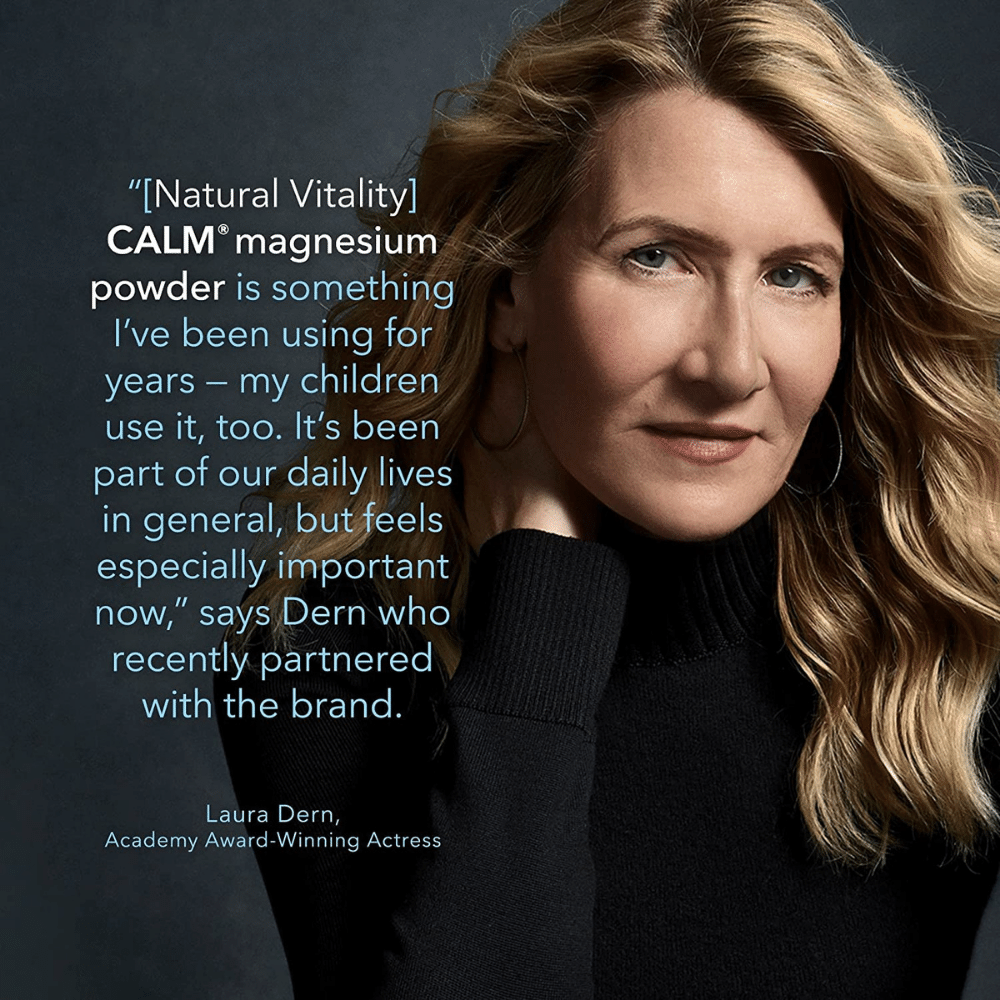
How to Tell if You're Aged Biologically?
Everyone ages differently. Some people seem to age gracefully while others not so much. So how do you know if you're ageing biologically? Here are some physical signposts and health concerns to look out for.

One of the first signs of biological aging is hair loss. If you're a man, genetics play a big part in when and how much hair you'll lose. There's not much you can do to prevent it.
Other physical signposts include:
Wrinkles - as skin ages, it becomes thinner and less elastic. That combined with a decrease in collagen production (a key structural protein in the skin) results in wrinkles.
Sagging breasts - gravity takes its toll on breasts over time, causing them to lose their shape and firmness.
A decrease in muscle mass - from the age of 30, you start to lose 3-5% of your muscle mass every 10 years. This leads to a decrease in strength and endurance.
A decline in bone density - as we age, our bones become less dense and more porous. This makes them more susceptible to fractures.

There are also certain health concerns that are more common in older adults, such as:
Heart disease - this is the leading cause of death for both men and women over the age of 65. The risk factors include high blood pressure, high cholesterol, smoking and diabetes.
Cancer - the risk of developing cancer increases with age. The most common types of cancer in older adults are breast, colon and prostate cancer.
Dementia - this is a decline in cognitive function that affects memory, language, problem-solving and decision-making abilities. Alzheimer's disease is the most common form of dementia.
Osteoarthritis - this is the most common type of arthritis and affects around one in three people over the age of 45. It causes pain, stiffness and swelling in the joints.
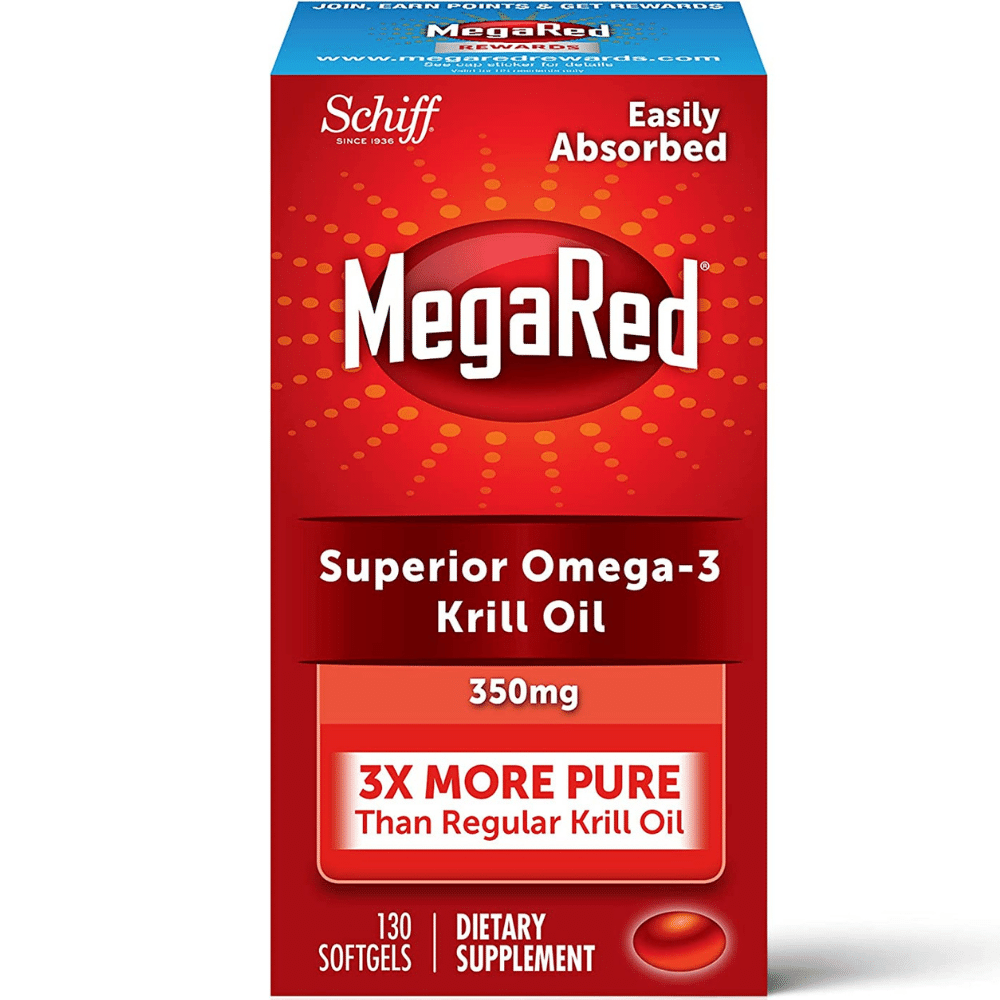
How Men and Women Change with Age
Eyesight. The lens of the eye hardens with age, usually starting when people are in their 40s. This hardening makes it more difficult to change focus, especially to see near objects sharply (see Presbyopia).
Hearing. Loss of hearing is a gradual process that starts with a decline in the ability to hear high frequencies. Most people don't notice any hearing loss until their 60s, a decade or two after it actually begins, when voices can become harder to perceive as low-frequency hearing also starts to fade.
Skin. The skin becomes thinner and less elastic with age, due to a reduction in the production of collagen and elastin—the proteins that give skin its youthful appearance. As a result, wrinkles form and age spots may appear. Additionally, the fatty tissues underneath the skin diminish, resulting in a loss of plumpness.
Muscles. Muscle mass begins to decline after age 30 at a rate of about 5% per decade. This loss of muscle mass is partially due to a reduction in testosterone levels in men and estrogen levels in women. Additionally, the muscles simply become less efficient with age and require more time to recover from strenuous activity.
Bones. Bone density peaks around age 30 but then begins to decline slowly thereafter. This decline accelerates during menopause in women and results in an increased risk for osteoporosis—a condition characterized by weak and porous bones.
Bone loss begins to exceed bone growth around age 35, and this loss accelerates in women after menopause, when pro-duction of the female sex hormone estrogen(which is a major influence on calcium uptake by bone tissue) begins to decline.
Bone loss does not mean that the bone is diseased or abnormal just that there is less of it, and any new bone that forms is less dense. Bone loss also affects men, but at a much slower rate, so that the consequences-especially osteoporosis(see below)-usually don't appear in men until their 70s or 80s.
Heart and Blood Vessels. Heart and blood vessels. Some narrowing and hardening of the arteries is normal as people grow older, and by midlife this process maybe forcing the heart muscle to enlarge and work harder to pump blood through the arteries. Large and medium-size arteries can become affected by atherosclerosis-characterized by deposits of cholesterol, fatty substances, and cellular waste products (known as plaque) in the inner lining of an artery.
Some atherosclerosis occurs in nearly everyone. But as plaque builds up inside coronary arteries, the arteries can narrow to the point where they block the flow of blood to the heart muscle, and the result is coronary heart disease, or CHD. This process of plaque formation can be slowed or halted in many people through diet, exercise, and other lifestyle measures.
Blood pressure. In the United States and other Western countries, aging is accompanied by a mild rise in blood pressure-though whether this is normal is not clear, since in many other countries, blood pressure does not rise with age. As a rule, women have slightly lower blood pressure than men; high blood pressure, or hypertension, is more common before age55 in men than in women.
After age 65, blood pressure numbers are also affected by activity level, weight, and other factors see High Blood Pressure. Systolic blood pressure the top number in the blood pressure measurement increases by about 15 percent between ages 35
and 70.
For the general population, a systolic pressure of 120 or less over a diastolic pressure of 80 or less is optimal; a blood pressure of 140/90 or higher is classified as hypertension. Exercising regularly, not smoking, limiting alcohol and sodium consumption, and maintaining a healthy weight are the best strategies for preventing high blood pressure.
Cholesterol levels. Blood cholesterol levels are not directly linked to age, but they do tend to rise as people get older in part because of eating and exercise habits, which can lead to high cholesterol levels that increase the risk of developing heart disease.
At menopause, low levels of estrogen lead to an increase in a woman's LDL ("bad") cholesterol and a drop in HDL ("good") cholesterol-though this is by no means uniform or universal. Low-dose estrogen therapy does have a positive effect on blood cholesterol, thus protecting against arterial disease, and so it or hormone replacement therapy might be appropriate for postmenopausal women with elevated cholesterol levels.
Menopause. At some point, usually about age 50, ovulation and menstrual periods in women will stop. Menopause-which specifically refers to the cessation of menstruation--is part of a biological process (unless it is the result of surgery) that begins about five years before menopause, when the ovaries begin to produce decreasing amounts of progesterone and then estrogen, the two principal female hormones.
About half of all women stop menstruating by age 48; by age52, 85 percent will have reached menopause(which is complete when a year has passed since the last menstrual period). Some women, how-ever, enter menopause in their early 40s, while a few continue to have menstrual periods into their late 50s.
In itself, menopause is a normal, healthy transition in life, not a disease. It may bring certain worries to the fore, for example, fear of aging or of being defeminized or desexualized. Yet most women find the passage relatively smooth. Some of the changes are for the better: no more menstrual cramps, no need for contraceptives and no more worry about pregnancy.
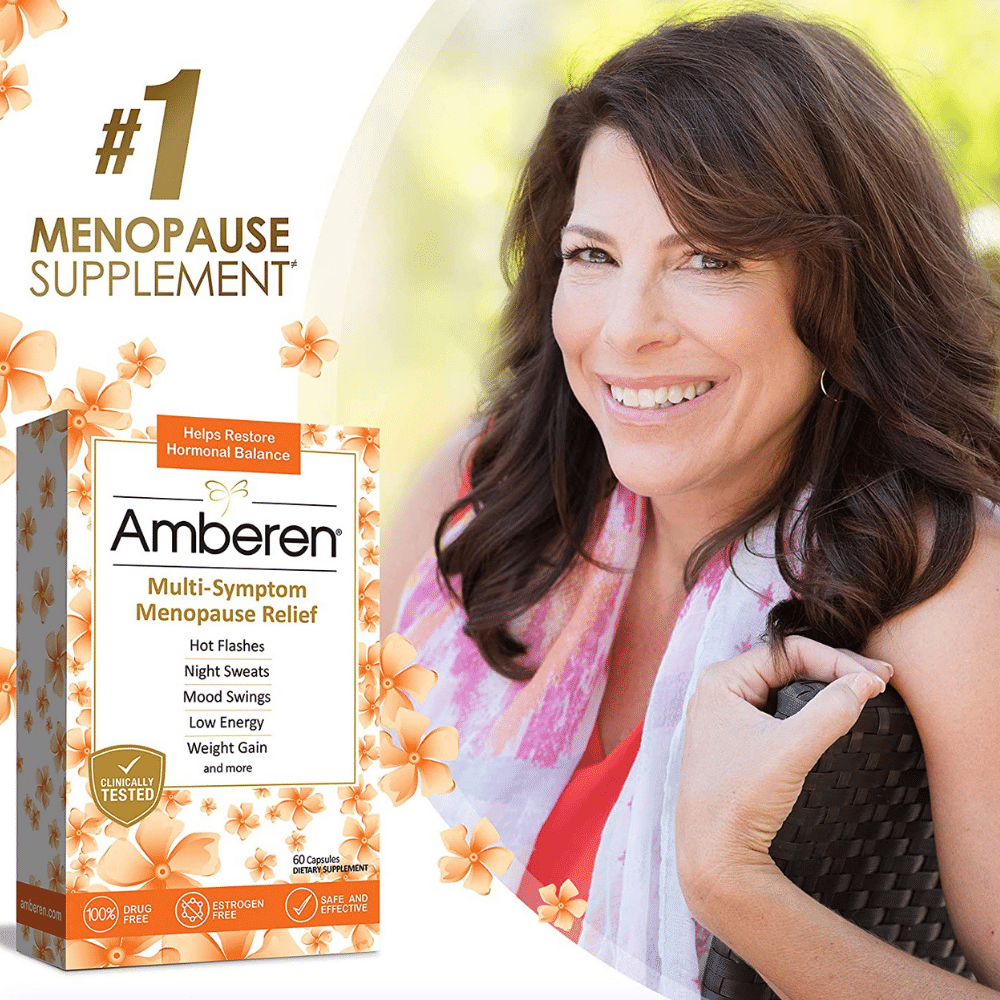
Sexual Function. Sexuality is no longer seen as coming to an end in middle age. As many studies have shown, interest in sex can and does endure, change, renew itself, and develop throughout the lifespan. Sexual desire varies from one person to another and over a lifetime.
Reduced sexual desire is a common concern. Depression, anxiety, workplace stress, and underlying health problems, including drug reactions or hormonal abnormalities, can all play a role in the diminution of desire. Also, a lack of sexual desire and loss of physical intimacy between partners often reflects unresolved conflicts about nonsexual problems, rather than some underlying psychiatric or physical condition.

Many factors can keep desire alive: adequate Your Health self-esteem, previous good sexual experiences, the availability of a partner interested in sex. Perhaps as important as any other factor is a good relationship with this partner in nonsexual areas. Love is always a big help. Even in a long-term relationship, partner soften have different ideas about what constitutes normal sex, along with different ideas about arousing sexual desire.
According to scores of studies and a string of best-selling books, women tend to value the emotional side of sex more than men do, while men place greater emphasis on the physical aspect of the sex act itself. Like most generalizations about gender differences, these lines break down quickly when you look at individual cases. For women as well as men, physical satisfaction is as important as romance, and for both sexes emotional involvement is highly correlated with physical satisfaction.
Changes in men. Many men experience a gradual lessening of desire. It also takes middle aged men increasingly longer to get an erection, and to regain an erection after climax. This is neither a reflection of decreased sexuality nor a symptom of impending impotence. Rather, it is the result of the male body secreting less testosterone the hormone that regulates sexual performance and desire and conducting nerve impulses more slowly.
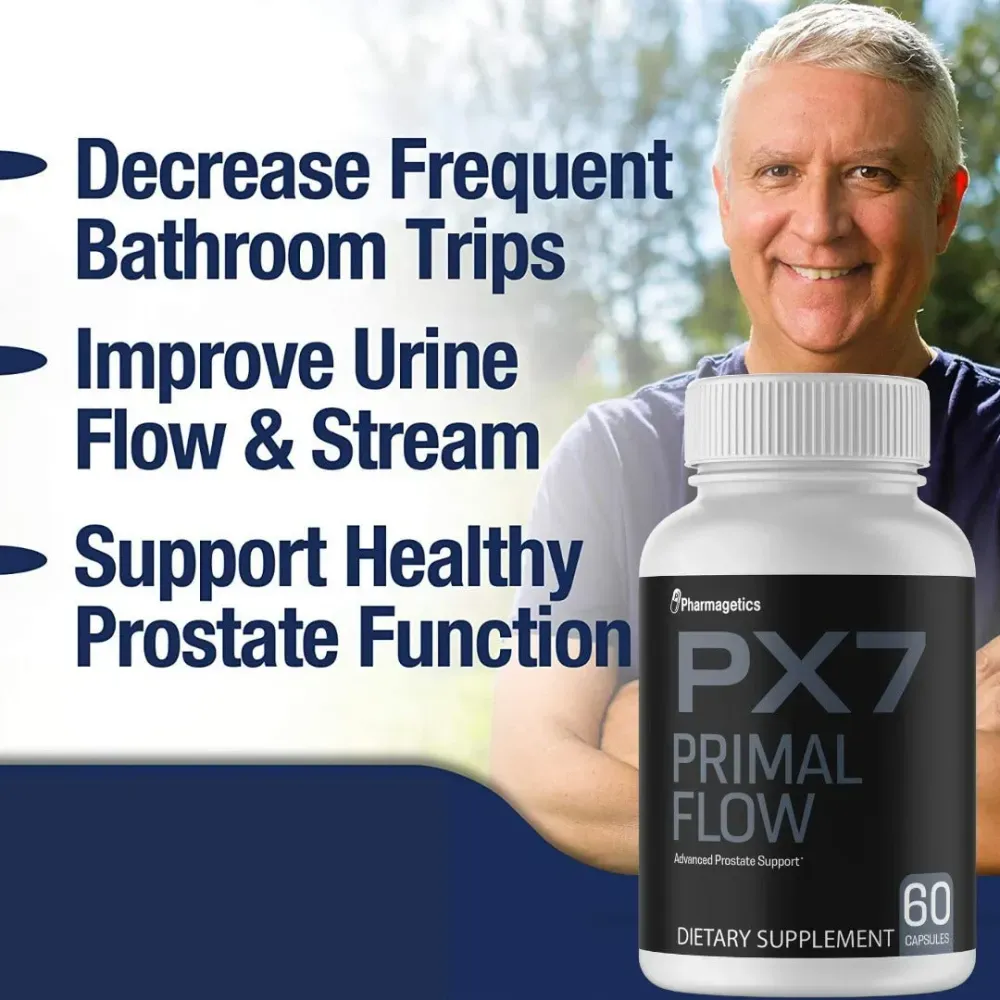
In addition, the arteries in the penis are less able to maintain the blood pressure necessary for a full erection. These changes needn't be alarming; indeed, they can be turned to advantage since they allow a man to prolong foreplay, sustain intercourse longer, and delay orgasm until the moment when both partners will be satisfied.
At the same time, the rate of impotence the inability to have and maintain an erection sufficient for sexual intercourse increases after age 40. All men experience occasional brief episodes of impotence, which are normal. But an estimated 5 percent of men at age 40 have chronic erectile problems, and the percentage increases with age it is most common among men over65. The causes are complex, combining physicals and psychological factors.

If you are having erectile problems, it is a good idea to seek a medical evaluation to determine if your problem can be treated medically or through counseling or other means.
Health Concerns for Women
Breast cancer. For most women the risk of get-ting breast cancer is much lower than the risk of stroke, heart disease, osteoporosis, or type 2diabetes. Nevertheless, the risk of breast cancer for a 40-year-old woman is 1 in 622 compared with 1 in 2,525 for a 30-year-old woman; by age 60 the risk is 1 in 24.
Because curing breast cancer hinges on early detection, it is important that you perform monthly breast self-exams, see your doctor regularly, and get regular mammograms .
Ovarian cancer. In women over 50, persistent digestive upsets such as gas or stomach discomfort that can't be explained by any other cause may indicate the need for a thorough evaluation for ovarian cancer, which causes more deaths than any other cancer of the female reproductive system. Although it can occur at any age, this cancer is most common in women ages 50 to 75.
Women who have never had children are at greater risk than those who have, as are women, who have never taken oral contraceptives. Having an annual pelvic exam is still the main way of detecting ovarian cancer.
Osteoporosis. The chief risk factor for osteoporosis is age: the condition usually doesn't show up in eventual sufferers-most of whom are women until they are in their 60s, 70s, or beyond. But the bone loss that causes osteo-porosis accelerates sharply after menopause.
Even though young adulthood or even adolescence is the right time to form the health habits that prevent osteoporosis, it's never too late to begin. For postmenopausal women, hormone replacement therapy, or HRT, can help preventor reverse osteoporosis, as can weight-bearing exercise.
To maintain bone mass, it's also important that postmenopausal women consume sufficient amounts of calcium-at least 1,500milligrams per day, according to a 1997 U.S. Consensus Panel.
Health Concerns for Men
The enlargement of the prostate known as benign prostatic hyperplasia (BPH) is common in men over 40. Many people fear that an enlarged prostate is a prelude to cancer, or is cancer, but this is not the case; hence the term benign. If you have any urinary difficulties, it's wise to discuss them with your doctor. They maybe caused by something more serious that needs immediate treatment. If you have BPH, your doctor should be able to diagnose it.
Prostate cancer. For men over 50, cancer of the prostate is the most common cancer and the second leading cause of cancer deaths after lung cancer. Nobody knows the underlying cause of prostate cancer, and there is still no known way to prevent it. Often no symptoms appear in the earliest stages of the disease.
Therefore, it is important for men at risk to be screened for the disease by seeing their doctor and getting a digital rectal exam and prostate specific antigen test. Risk factors for prostate cancer include advancing age and a family history of the disorder. African American men are also at significantly higher risk than white men. The outlook for men with early prostate cancer is good, and many cases can be cured.
PREVENTIVE SCREENINGS AND CHECKUPS FOR MEN AND WOMEN:
Blood pressure measurement (to detect hypertension). Once every 2 years for those with normal blood pressure.
Cholesterol measurement. At least once every 5 years, more often if the total cholesterol number is elevated or the HDL cholesterol is low, and/or you have cardiac risk factors. These include age(men over 45; women over 55), family history of heart disease, hypertension, and cigarette smoking.
Colorectal cancer screening fecal occult blood test and/or sigmoidoscopy. At age 50 and then annually for the occult blood test; at age 50 for sigmoidoscopy and then every 3 to 10 years, as your doctor recommends. A digital rectal exam should also be done annually.
Glaucoma screening. People at high risk, which include the very nearsighted, diabetics, African Americans over the age of 40, and those with a family history of the disease. How often depend son professional advice. Many eye specialists advise screening all adults starting at age 40 or 50.
Thyroid disease screening. People over 60, especially women, who have experienced possible symptoms of hypothyroidism; they should discuss this test with their doctors.
Dental checkup. Every 6 months or on professional advice; should include cleaning.
For Women a pap smear (for early detection of cervical cancer). After 3 consecutive normal pap smears, every 3 years for all women with a cervix. Possibly more often, depending on risk factors such as smoking, multiple sex partners, or a history of genital warts.
Breast cancer screening mammogram and clinical breast exam. Every year for all women age 50 and over; those 40 to 49 should discuss their risk factors with their doctors.
For Men. Prostate cancer screening prostate specific antigen test and digital rectal exam. Routine screening is not recommended, but men over 50 who are African American or who have a family history of the disease should consider testing. Consult your doctor as to how often.
Immunizations
Tetanus-diphtheria booster. Every 10 years. Relatively few cases of tetanus occur in this country now, but about 70 percent of tetanus cases occur in people over 50, who are least likely to be adequately immunized because they have not kept up with their shots. The disease, which is often fatal, can develop even after a minor wound or scratch.
Influenza vaccine. Though recommended for all adults 65 and over, a recent study indicates that even healthy younger adults can benefit and should consider getting a flu shot annually in the autumn.
Conclusion
There's no magic number at which you suddenly become old overnight. However, there are some physical signposts and health concerns that are more common in older adults. By understanding these changes, you can be better prepared for them as you age gracefully into your golden years!









